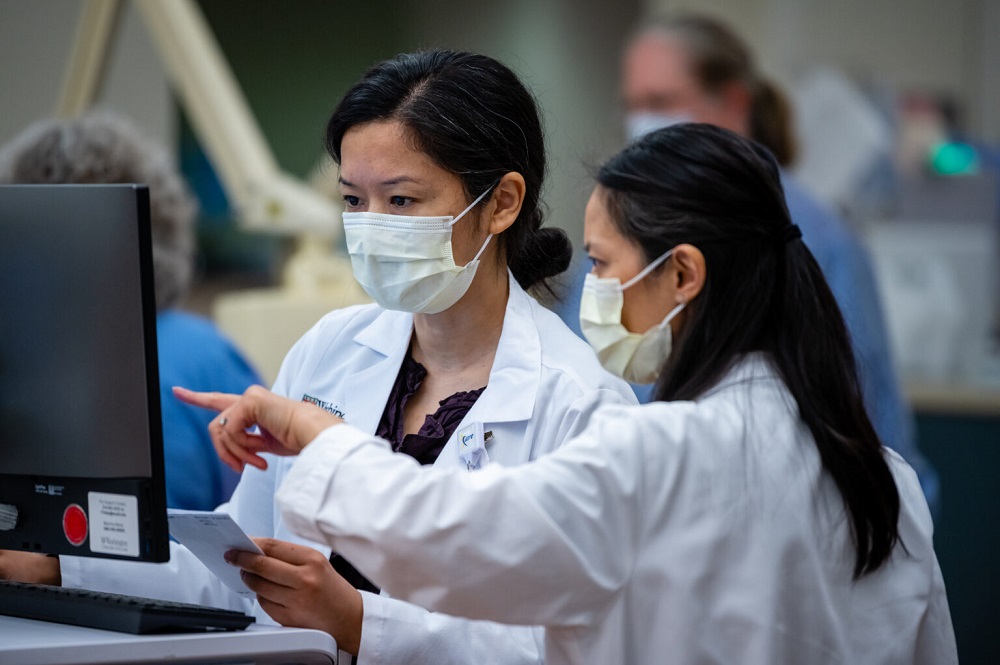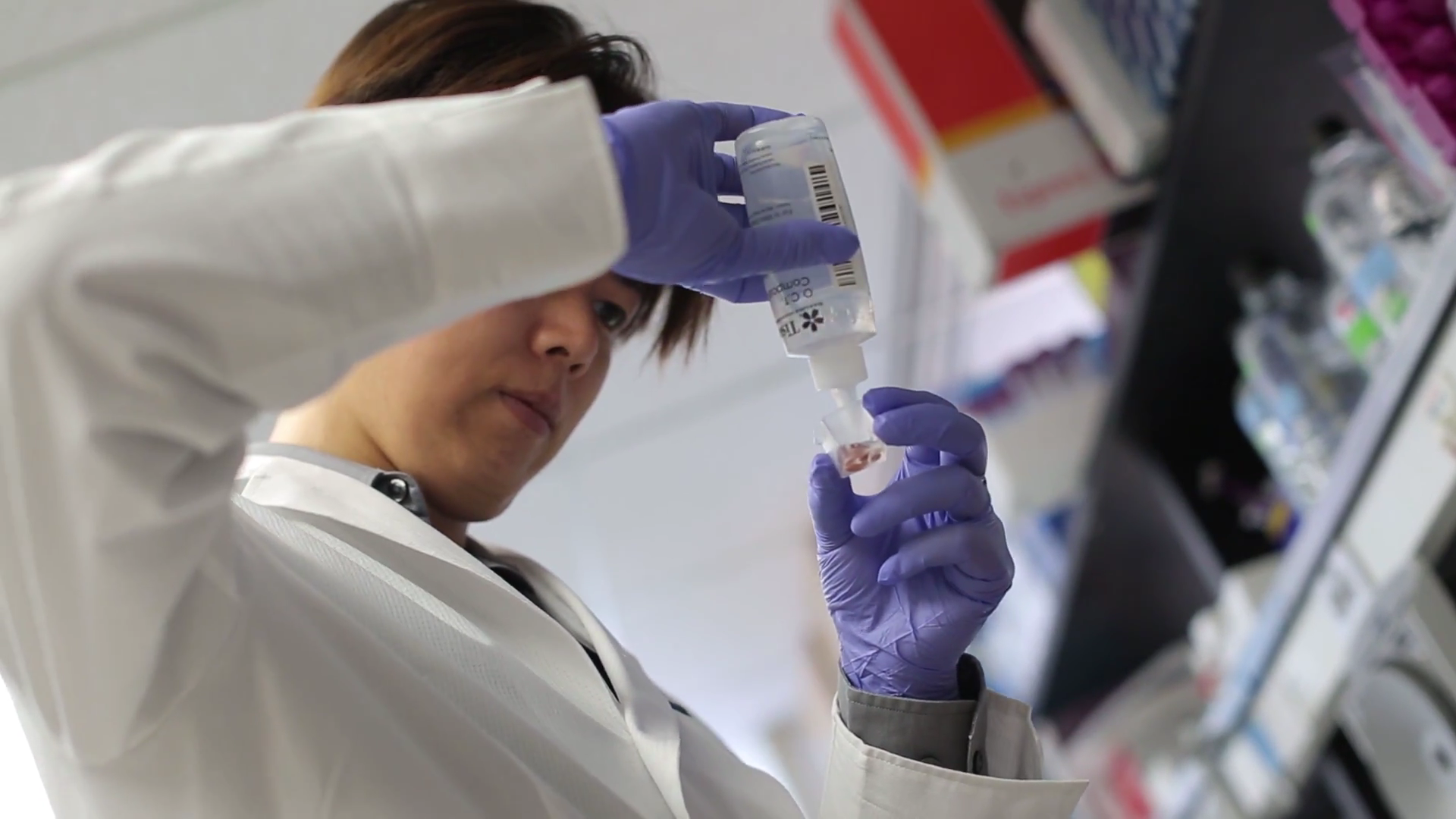Why choose us?
Here at Washington University in St. Louis, we offer a two-year fellowship program that incorporates great clinical training, research and teaching experience.
Starting sub-specialty training can feel like a daunting endeavor. For this reason, all in-coming fellows undergo a four-week orientation. During this introductory period, new fellows will be exposed to a series of didactic and hands-on interactive sessions to review the practical aspects of nephrology, including how to manage renal emergencies, write hemodialysis, peritoneal dialysis, and plasmapheresis orders, place dialysis catheters, manage kidney biopsies, and interpret laboratory and imaging studies.
Equipped with this foundational knowledge, trainees join the wards alongside our senior fellows ready to combat kidney disease in our varied consultative services, including general nephrology, renal transplant, and chronic dialysis.
Our program is designed to make you the strongest graduating nephrology fellow in the country. We offer a range of experiences, including in patient nephrology, transplantation, specialty clinics and home modalities.
- In patient nephrology. During your time here, you will work at Barnes Jewish Hospital, with a bed capacity of 1,300. This institution serves as a tertiary care center for 8 states. During your time rotating on the in patient service you will become adept at managing acute kidney injury, working up and managing acute glomerulonephritis and solving electrolyte puzzles. You will also become an expert at prescribing all the various forms of CRRT, plasma exchange and intermittent hemodialysis.
- Transplantation. Barnes Jewish Hospital performs approximately 350 kidney transplants per year. During your time training here you will learn how to manage patients in the immediate post-transplant period, and follow these patients as they continue their post-transplant journey. You will become skilled at immunosuppression management and dealing with the complications that come with this.
- Specialty clinics. We offer our fellows the opportunity to rotate through various sub specialty clinics, including dedicated Lupus clinics, Stone clinics and Onco-nephrology clinics. This allows our trainees develop and generate ideas for their future career.
- Outpatient nephrology. Upon entry into their fellowship, trainees are assigned to a weekly clinic. They attend this clinic with their designated teaching attending for their 2-year training period, so as to allow for continuity of care. This allows our fellows to grow into independent clinicians.
- In center hemodialysis. Our fellowship program provides in center training from the Chromalloy Kidney Center. This is located on the Medical Campus, a 2-minute elevator ride from the fellow office area. This facility has a long history in training fellows, and has been part of nephrology history, serving as a major site for both the NCDS and HEMO studies.
- Home modalities. Washington University in St. Louis has one of the largest home dialysis programs in the US. Each fellow is assigned a monthly home clinic, which they attend over the course of their two years in training. Along with their designated teaching attending, they are responsible for managing their peritoneal dialysis or home hemodialysis patients over this time period. Our goal is that upon graduation, our fellows will be national experts in the management of home modality patients. We are also proud of our Transitional Dialysis Program that aims to make the transition to home dialysis seamless for our patients. Learn more about the program here.
Clinical training
All clinical encounters are directly supervised by a faculty member responsible for the care of patients as well as the education and mentoring of the trainees. During each rotation, training is 1-1, with one faculty member assigned to one fellow on service. While didactic teaching is scheduled through weekly conferences, much of the education will be provided at the bedside, as learning opportunities are often presented while processing patient data and formulating decisions for patient care plans.
- First year fellows are scheduled for approximately 30 weeks of consult service, the rest of the year is dedicated to self-study, research and elective experiences.
- Second year fellows are scheduled for approximately 20 weeks of consult service. This will allow for more elective experiences, career development and attendance at national conferences.
Core Competency Goals
First Year
- Hemodialysis prescription
- Evaluation of indications for and prescription of CRRT
- Approach to management of acute kidney injury and electrolyte abnormalities
- Communication
- Presentation skills
- Dialysis access placement
- Management of home modalities
- Urine microcopy
- Kidney biopsy management
Second Year
- Progressive autonomy
- Career development
- Development and completion of preferred research topic
- Involvement in the medical school
- Present and attend at national conferences
- Renal pathology
Consult Services
Consult rotations at Washington University are arranged as follows:
Consult 1
This service covers the Coronary Care Unit, Cardiothoracic ICU, and patients on the South end of our Medical Campus. The average census is 20-24 patients and is staffed by one attending, a fellow, a resident, and often a medical student.
Consult 2
This service covers the Medical ICU, the Surgical ICU, and patients on the South end of our Medical Campus. The average census is 20-24 patients and is staffed by one attending, a fellow, a resident, and often a medical student.
Consult 3
This service covers the North end of our Medical Campus which includes the Oncology and Obstetric services, as well as Bone Marrow Transplant Unit. It has its own in-patient dialysis unit. The average census is 14-18 patients and is staffed by one attending, a fellow, a resident, and often a medical student.
Chromalloy Service
This is primarily an outpatient service, and is the teaching resource for outpatient dialysis management. Chromalloy Kidney Center is the in center hemodialysis facility on the medical campus. It cares for 160 out -patients, and as the fellow rotating here you will learn the complexities of managing patients with ESRD on in-center HD. You will also follow your patients as in patients if they are admitted to the hospital.
Procedure Service
The procedure fellow is responsible for triaging consults that come in during the day. They also are responsible for placing lines that are needed by the other consult teams. This allows this fellow to improve their procedure skills while ensuring that workflow for the other consult services is unimpeded.
Transplant Service
The transplant service follows all admitted kidney transplant patients. Barnes Jewish Hospital performs approximately 350 kidney transplants per year. On this rotation you will work with a dedicated transplant attending, a senior transplant fellow and a nurse practitioner.
Night Float
In order to improve fellow quality of life, we started a night float system a number of years ago. This runs over two weeks and allows the day fellows some much needed rest after their busy day. Fellows on service during the day sign out at 4pm to a separate fellow who takes clinical responsibilities overnight.
Sample Schedule
| 8am | Noon | 1pm | 2pm | 4pm | ||
| Monday | Round | Teaching Consult of the Day | Round | Notes and go home | ||
| Tuesday | Round | Research Conference | Clinic | Clinic | Notes and go home | |
| Wednesday | Round | Core Curriculum | Teaching Consult of the Day | Round | Notes and go home | |
| Thursday | Round | Fellows Case Presentation/Journal Club | Teaching Consult of the Day | Round | Notes and go home | |
| Friday | Round | Nephrology Grand Rounds | Teaching Consult of the Day | Round | Notes and go home | |
| Saturday | Round | Notes and go home |
The patients seen at Barnes-Jewish Hospital represent a wide spectrum of pathologic processes as well as cultural, racial, and economic diversity, thereby ensuring that trainees will develop a broad education not only in scientific approach but in cultural sensitivity, communication and lifestyle considerations as they formulate patient care plans. The hospital also is fully staffed with physicians of all specialties, nurses, patient care technicians, social workers and dietitians, allowing our trainees to experience a systems-based integrated and multidisciplinary practice.
Research
Any fellow with a demonstrated interest in academic nephrology and either basic, translational or clinical research will have the opportunity to be on the research track. This allows fellows to add a third year to their fellowship in which to receive structured mentoring and training in research methodology, as well as instruction on writing manuscripts and grants and the delivery of scientific presentations. Designation to the research track does not require external funding for the third year, which is supported by the division.
Nephrology fellowship application process
All fellows also receive a $1,200 yearly stipend to support continuing education activities such as the purchase of textbooks, conference attendance or board review course participation.
The Fellowship Training Program team is dedicated to providing not only guidance for a strong clinical training and research experience, but also providing a support system for the trainees
We accept applications only through the Electronic Residency Application Service (ERAS) program (phone 215-966-3940). We do not accept paper applications. The deadline for submitting completed applications is August 15.
We require the following supporting documents to be submitted via ERAS:
- Application
- Personal statement
- Current CV
- Three letters of recommendation (one must be from your current program director)
- Photo (optional)
J1 and H1 visas may be sponsored for applicants who are accepted into the program. Foreign medical graduates must have completed an ACGME-approved Internal Medicine Residency prior to beginning our program.
We participate in the National Resident Matching Program (NRMP). NRMP phone: (202)-400-2223 or (866) 653-6767.
Applications open July 1st
Learn more about our fellowship program:
If you have questions about our core Nephrology Fellowship Program, please contact:
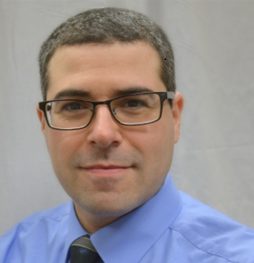
Training Program Director, Nephrology Fellowship
Seth Goldberg, MD
Associate Professor of Medicine
Washington University School of Medicine
660 S. Euclid Ave., Campus Box 8129
St. Louis, MO 63110
Phone: 314-362-7211
sgoldber@wustl.edu
Twitter: @sgoldber99
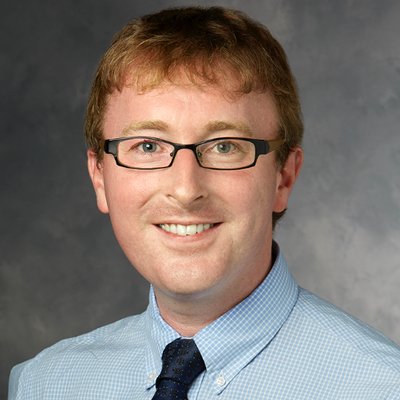
Senior Associate
Program Director
Frank O’Brien, MD, MRCPI
Assistant Professor of Medicine
Washington University School of Medicine
660 S. Euclid Ave., Campus Box 8129
St. Louis, MO 63110
Phone: 314-362-7211
fobrien@wustl.edu
Twitter: @frankjobrien84
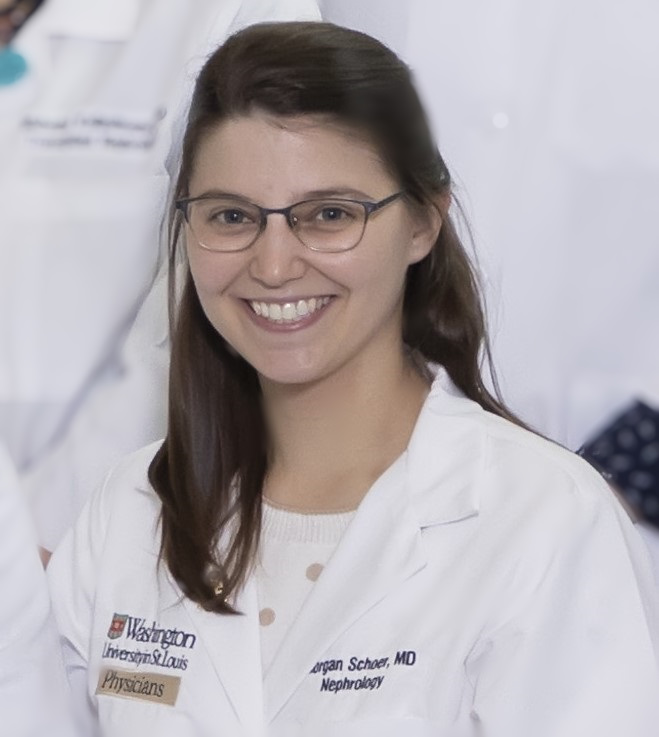
Associate Program Director
Morgan Schoer, MD
Assistant Professor of Medicine
Washington University School of Medicine
660 S. Euclid Ave., Campus Box 8129
St. Louis, MO 63110
Phone: 314-362-7211
mschoer@wustl.edu
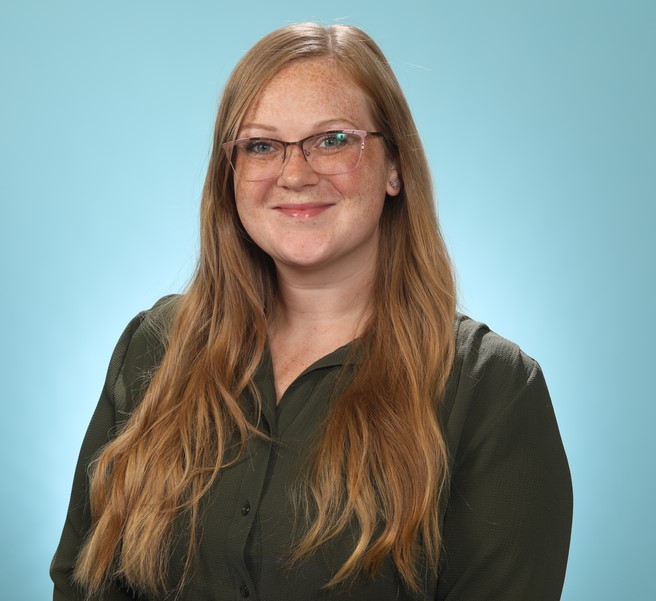
Senior Fellowship Program Coordinator
Ashley Edwards
660 S. Euclid Ave., Campus Box 8129
St. Louis, MO 63110
Phone: 314-362-7211
Edwards.a@wustl.edu
Check out our vintage Fellowship Program video from 2020:
